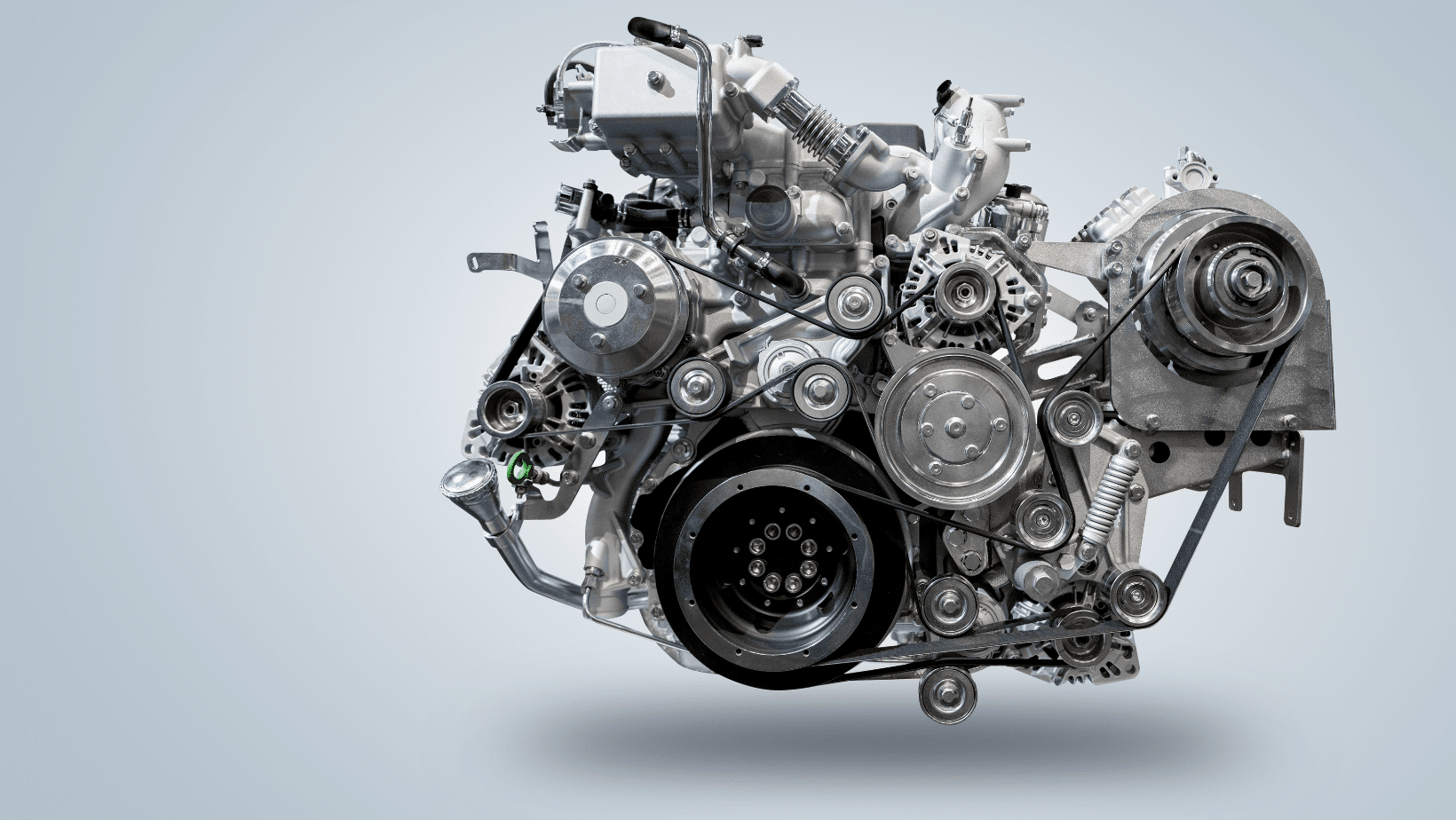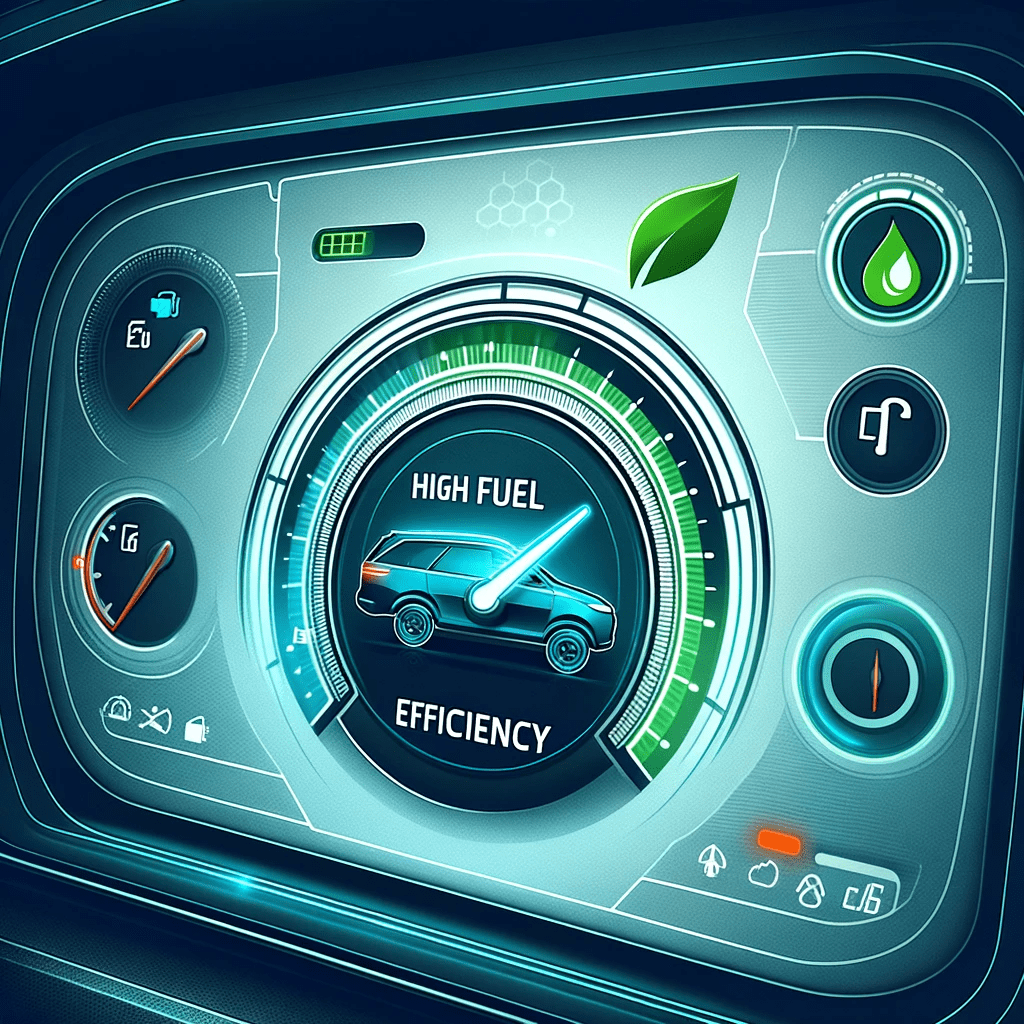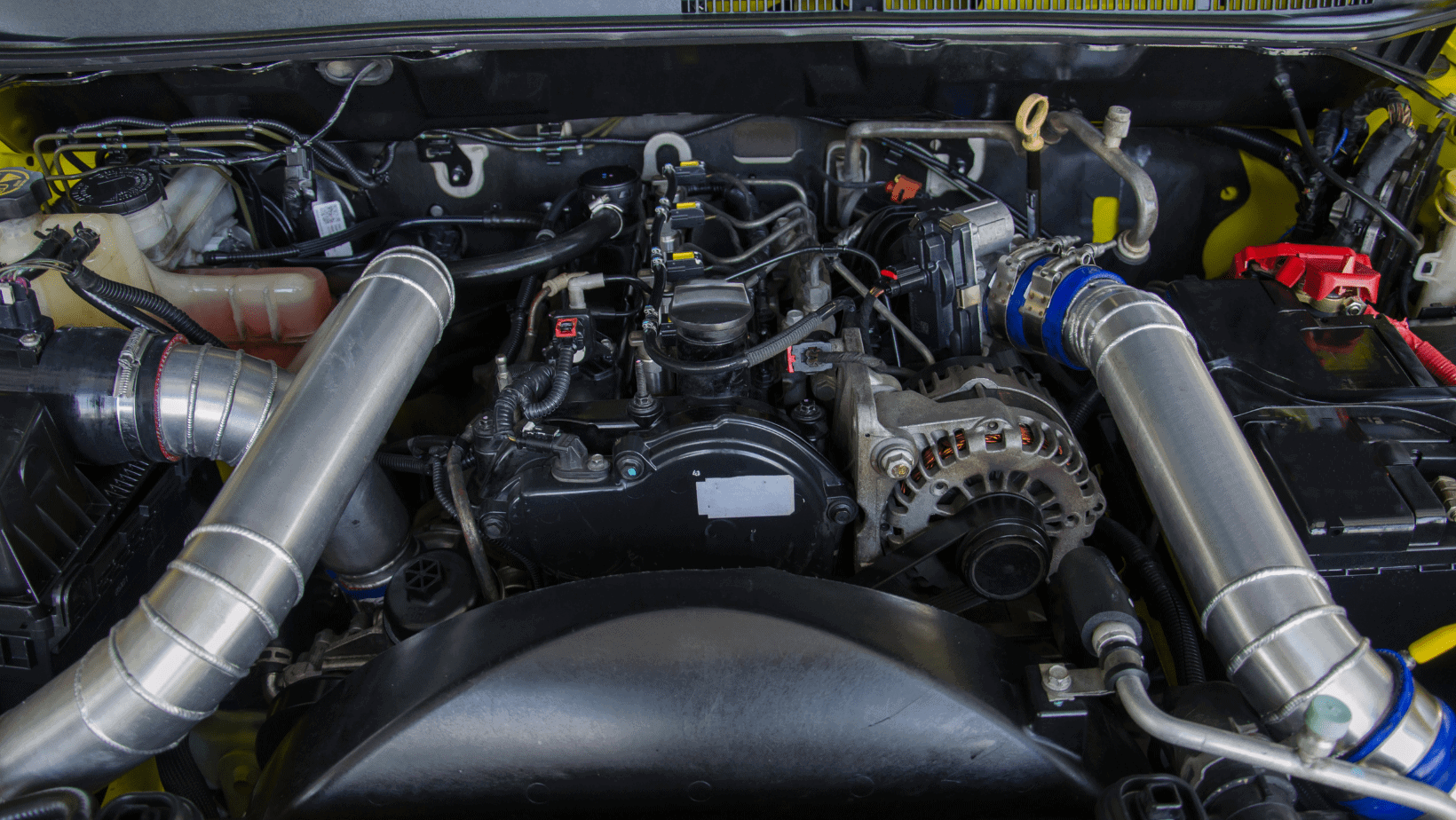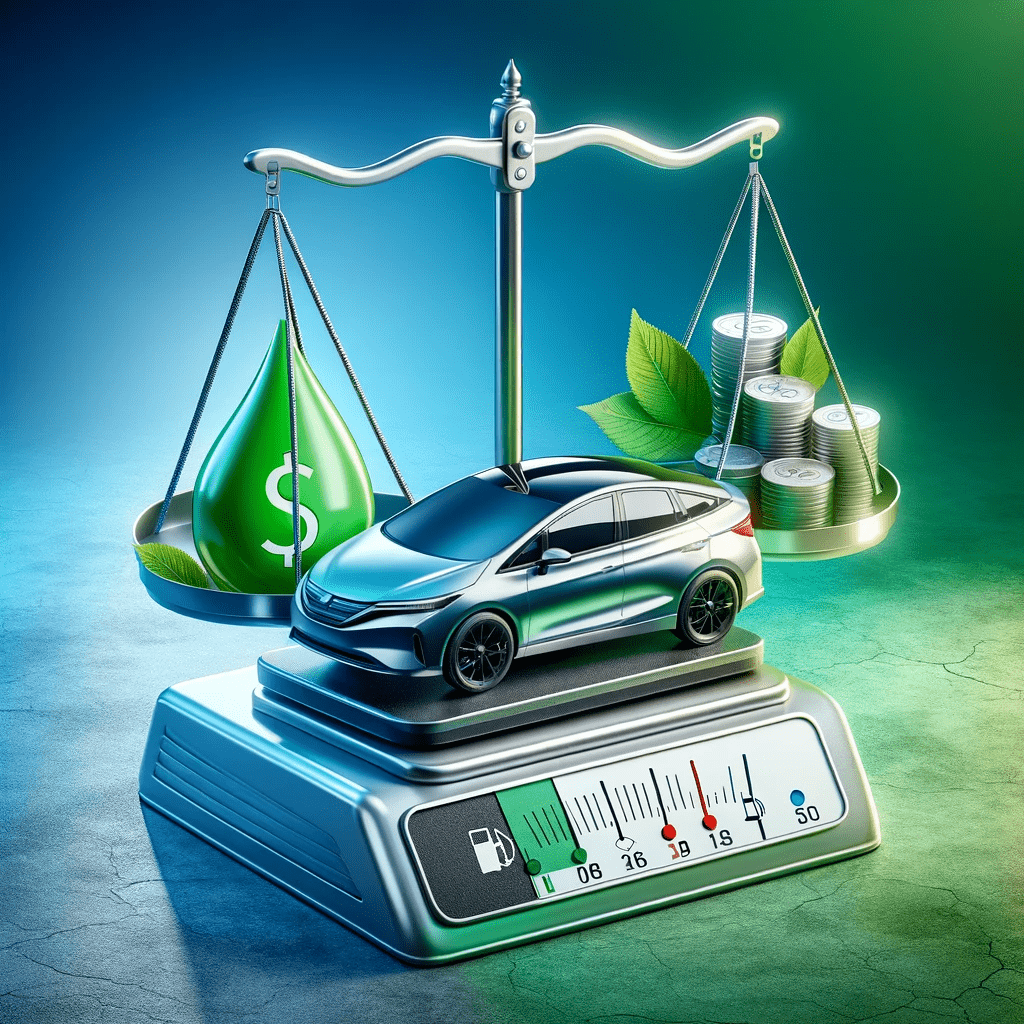Key Takeaways
| Key Point | Detail |
|---|---|
| Regular Maintenance | Essential for sustaining optimal fuel efficiency. |
| Driving Style | Smooth driving techniques and strategic use of cruise control improve fuel economy. |
| Load Reduction | Lightening your vehicle’s load enhances fuel efficiency. |
| Oil Quality | Using the recommended grade of motor oil is pivotal for reducing engine friction. |
| Route Planning | Efficient planning and reducing idling times are key to conserving fuel. |
| AC Usage | Moderate use of air conditioning systems can lead to better fuel management. |
| Component Checks | Regular checks of oxygen sensors and fuel injectors maintain fuel efficiency. |
Fuel efficiency isn’t just about saving money — it’s about optimal vehicle performance and reducing environmental impact. For car enthusiasts and daily drivers alike, knowing how to maintain your engine for peak efficiency is a blend of art and science. At Nashville Performance, we’re committed to guiding you through the intricacies of engine care for maximized fuel economy.
Systematic Check-Ups: The Heartbeat of Your Vehicle
The heartbeat of your vehicle lies in its regular and systematic check-ups. These are not just about adhering to a schedule; they are preventive measures against fuel inefficiency. A well-maintained engine is a cornerstone of fuel efficiency, operating smoothly and demanding less fuel to do more.

The Influence of Driving Habits on Fuel Consumption
Your driving habits have a direct impact on your vehicle’s fuel efficiency. Aggressive acceleration and abrupt stops are not just unsafe; they guzzle fuel. Embrace smoother driving techniques for significant savings at the pump and a more relaxed driving experience.
Weight and Aerodynamics: The Unseen Fuel Consumers
Every extra pound your car carries or drag it encounters affects fuel consumption. Streamlining your vehicle’s profile by removing unnecessary cargo and optimizing its aerodynamic design can improve fuel efficiency.
The Crucial Role of Motor Oil
Selecting the right grade of motor oil is a critical decision for any car owner. The right oil minimizes engine friction, facilitating a more efficient operation and thus, better fuel efficiency.
Strategic Planning for the Road
Route planning and minimizing idle times can improve your fuel efficiency. This includes combining errands into a single trip and avoiding prolonged periods of idling, which drain fuel without moving you forward.
Moderate Your AC Usage
The air conditioning system is a hidden fuel consumer. Use it judiciously, and consider natural ventilation at lower speeds to save on fuel.
The Impact of Regular Component Checks
Regular checks and maintenance of components like oxygen sensors and fuel injectors are crucial for maintaining optimal fuel efficiency. These components are integral to the fuel system, and any inefficiencies here can lead to greater fuel consumption.
| Component | Description | Impact on Fuel Efficiency |
|---|---|---|
| Regular Maintenance | Ensures optimal engine performance and longevity. | Reduces fuel consumption by maintaining engine efficiency. |
| Driving Style | Smooth acceleration, steady speeds, and gentle braking. | Decreases fuel use by avoiding wasteful driving habits. |
| Load Reduction | Removing unnecessary items and weight from the vehicle. | Improves fuel economy by reducing the energy needed to move the car. |
| Oil Quality | Using the recommended grade of motor oil. | Minimizes engine friction, leading to better fuel efficiency. |
| Route Planning | Efficient planning, combining errands, and avoiding heavy traffic. | Reduces idle time and unnecessary driving, saving fuel. |
| AC Usage | Moderate use of air conditioning, especially at lower speeds. | Decreases fuel consumption by limiting use of energy-intensive systems. |
| Component Checks | Regular checks of oxygen sensors, fuel injectors, etc. | Ensures proper functioning of fuel system components, aiding efficiency. |
Conclusion about optimal engine maintenance
Attaining the zenith of fuel efficiency is not a one-off task but an ongoing journey. It’s about the comprehensive care of your vehicle, understanding the nuances of engine performance, and making informed decisions.





